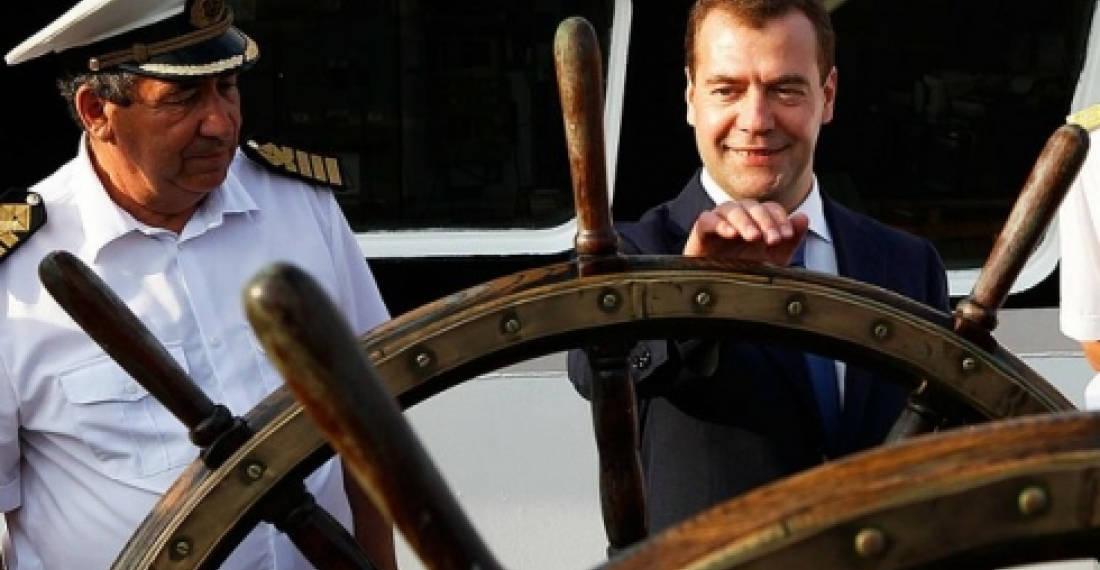Russia’s winemaking industry should be developed to help tackle widespread alcohol abuse, President Dmitry Medvedev said on Monday.
“Winemaking is one of the branches that should be developed and contribute to the eradication of alcoholism. Countries where this branch is strong, have no problems with alcohol abuse,” the president said at a meeting with the governor of Russia’s southern Krasnodar Territory, Alexander Tkachev.
Medvedev said problems with alcohol abuse stem from “other drinks.”
According to the Russian Ministry of Health, the per capita consumption of pure alcohol is around four gallons per person. Tens of thousands of Russians die of alcohol poisoning every year.
In the U.S., which has a population over twice as large, the number of deaths from alcohol poisoning remains stable at around 300 every year.
source: RIA Novosti
picture: president Medvedev during a recent trip to Vladikafkaz (photo courtesy of the Press and Information Service of the President of Russia).







